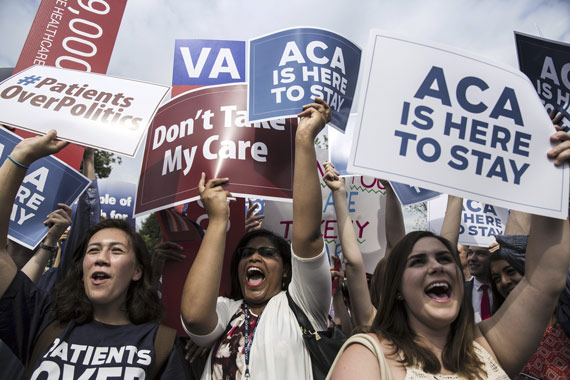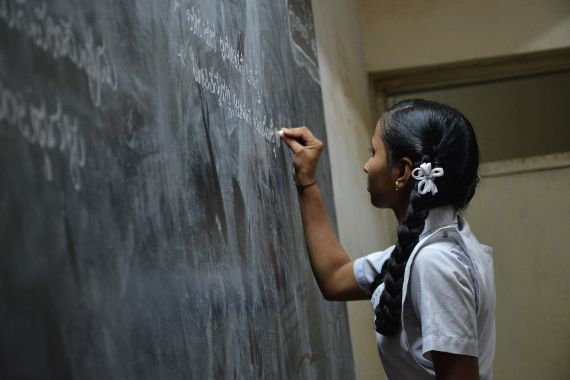On March 20th, Juan Pablo Bohoslavsky (UN Independent Expert on debt and human rights) in referring to COVID-19 stated, “This crisis is an opportunity to reflect on and reverse the ideology according to which economic growth is the only way forward.” It seems history is presenting us with a new watershed moment from which to rethink the suitability of the responses to the 2008 financial crisis, the consequences of which include the gradual privatization of essential public services and generally precarious living conditions for millions of people around the world.
The debate about the world’s post-Covid-19 reconstruction is urgent. What are the possible scenarios, and what actions should be prioritized? Together with such obviously progressive and avant-guard measures — like the sensible “emergency universal basic income” to be rolled-out by the Spanish government — other essential steps must be considered. New models of addressing inequality must emerge from the current emergency, models that focus especially on the areas of health and education, which represent crucial challenges for any society that has the fundamental aspiration to guarantee life and social mobility as opposed to mere economic gain.
With regard to health, in order to understand the significant impact privatization policies have had, two fundamental elements have to be examined: the introduction of quotas and copayments and the lack of public financing for healthcare. First, the introduction of direct payments that patients have to make at the time healthcare service is provided has had a disproportionate impact on socio-economically underprivileged people and groups. In the context of the current crisis, we have seen that the high cost of access to healthcare presents a barrier to testing, treatment, and hospitalization in many countries. Secondly, in many regions around the world, the financial crisis of 2008 resulted in the dismantling of public services and drastic reductions in budgets earmarked for healthcare systems. The coronavirus crisis has brought to light the shortage of medical resources (healthcare staff, personal protection equipment, ventilators, intensive care unit beds), which has made manifest the need for financially sound healthcare systems.
Now that COVID-19 has placed us on the cusp of a new financial crisis, a decision of far-reaching significance must be made. What is the healthcare system model we want to establish, finance, and develop? Continuing in the direction of the status quo, a first scenario would be characterized by measures already adopted in the past — the privatization and underfunding of healthcare systems — with consequences that are particularly marked by inequality as the current pandemic has made abundantly obvious. In a contrasting scenario, the crisis would be taken as an opportunity to act on lessons learned and ensure quality healthcare is accessible to everyone — especially the most vulnerable in society — a system that is adequately funded and that guarantees and protects working conditions for healthcare professionals.

With respect to education, the COVID-19 crisis has also revealed the imbalances and consequences of devaluation that many public education systems have suffered. As educational activities pivot to online teaching significant structural educational inequalities have been uncovered. This has not been limited to physical access to new technologies (having a portable device and high-speed Internet access), but has also revealed imbalances in preparation and a lack of skilled use of existing methodologies and technologies that reinforce the cognitive learning processes. In this case, cognitive impoverishment and difficulty of access lead to students’ suffering a new type of “cognitive inequality.” David de Miguel (Director of the Social Intervention for the Red Cross, in the region of Madrid) recently explained that it will cause “many people to be left behind …. There will be students that are going to begin next year with very different levels of preparation compared to their classmates.”
The COVID-19 crisis has thus hastened the need for a change in the educational paradigm, because its initial repercussions are beginning to foreshadow future detrimental impacts to the building of the social fabric, the democratization of knowledge, and the ability to guarantee social mobility. Therefore, governments will have to also assess how the policies that led to funding cuts for public education have contributed to widening the technological and cognitive gap. They will have to use this assessment to determine the priorities for change and modernization and identify where investments should be allocated in order to mend an educational model that has limited capacity to adapt and respond to the challenges it faces.

Social reconstruction in the post-Covid-19 context must occur by applying the highest pre-established and defined standards from the universal principles of human rights, especially with regard to guaranteed access to fundamental rights such as healthcare and education. In accordance with Bohoslavsky’s view that “the best response to a potential economic and social catastrophe provoked by the COVID-19 crisis is to put finance at the service of human rights and to support the less well-off through bold financial approaches,” instruments need to be designed for the new world that glimmers beyond the current worldwide health crisis. In the domain of health, universal access to affordable, quality healthcare must be guaranteed. With respect to education, those educational technologies that provide equal access to knowledge and opportunities, equally, must be leveraged. We must not fail to grasp this second opportunity history has provided.
With the 2008 financial crisis, we had a glimpse of what the neo-liberal response to the crisis would mean for a majority of people. Now is the time to put the right to public health and the right to cognitive equality over the private economic sector in order to overcome the current tragedy, embracing an opportunity for social justice.
Comments on this publication